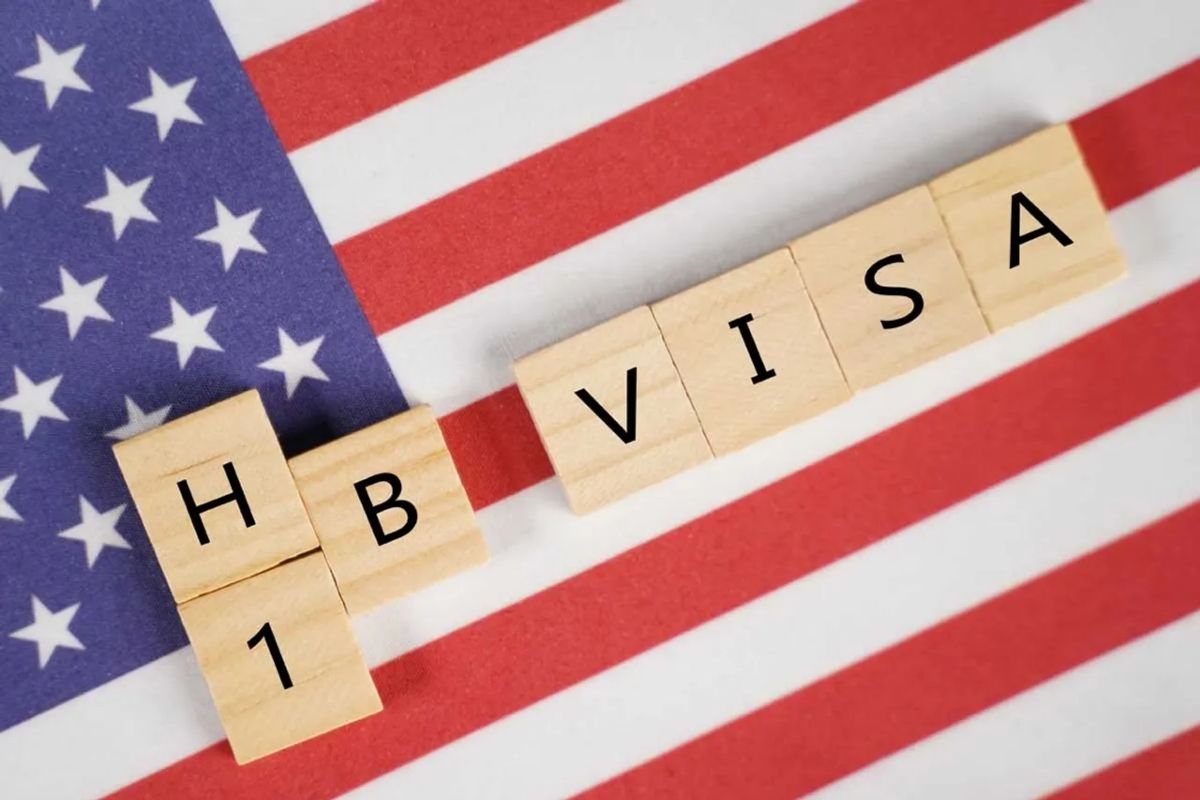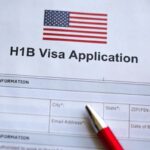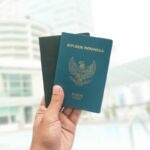The US government is just 4 days away from a possible shutdown, which is likely to cause political turmoil and disruptions in government services.
While US Citizenship and Immigration Services (USCIS) is funded by fees paid by stakeholders, and it is not dependent on congressional appropriations to fund its operations, there are certain immigration services that might be affected due to the shutdown.
USCIS Acknowledges Potential Impact
Drawing from past experiences of significant delays during government shutdowns, USCIS has recognized “government shutdown-related delays as excusable.”
This recognition holds significant implications for services like H-1B extensions, ensuring that employees need not leave the USA due to such delays.
List of Affected Immigration Services
Here’s a breakdown of US Visa and Immigration services that could be adversely affected should the government shutdown occur:
1. US Labor Department Processing H-1B, E-3, and Visas
The US Labor Department handles labour condition applications for H-1B, E-3, and H-1B1 visas. With the department potentially shutting down, these services are at risk.
Furthermore, the processing of prevailing wage, PERM labour certification, and other operations within the Department of Labor’s Office of Foreign Labor Certification (OFLC) would come to a halt.
Moreover, personnel from this department may be unavailable to address inquiries, and web-based systems for filing, status checks, and document uploads may be inaccessible.
2. Visa and Passport Operations Through the State Department
While these operations are not fee-funded, eliminating concerns about fund shortages, consular availability and processing could be impacted if the State Department office remains closed.
In such an event, services may be limited primarily to diplomatic visas and extreme emergencies, as noted by experts from Morgan Lewis.
3. Student and Exchange Visitor Program (SEVP) Through ICE
Immigration and Customs Enforcement (ICE) enforcement and removal operations will continue, with ICE attorneys concentrating on the detained docket during a government shutdown.
Consequently, ICE Student and Exchange Visitor Program (SEVP) offices responsible for F-1, J-1, and M-1 visas will remain operational, as SEVP derives its funding from fees.
Also Read: Important Update for US Visa Applicants: Fee Extensions Expiring Sept 30
4. Immigration Review
In the event of a lapse in congressional funding, immigration court cases on the detained docket will proceed as scheduled, while non-detained docket cases will be rescheduled for a later date when funding is restored.
Courts handling detained cases will continue to accept and process filings related to these cases, while courts exclusively managing non-detained cases will remain closed and will not accept any filings, as communicated by Morgan Lewis.
5. CIS Ombudsman (Citizenship and Immigration Services Ombudsman)
The Department of Homeland Security (DHS) Office of the CIS Ombudsman would close during a government shutdown, and it would not accept any inquiries through its online case intake system.
Final Words
USCIS has previously stated that it considers government shutdown-related delays as excusable, which can impact services like H-1B extensions without requiring employees to leave the USA. However, it is important to note that the full impact of a government shutdown on immigration services is difficult to predict.
If you have any upcoming immigration appointments or deadlines, it is important to check with the relevant agency to see if they will be affected by the shutdown. You may also want to consider contacting an immigration attorney to discuss your options.
Follow and connect with us on Facebook, Twitter, LinkedIn, Instagram and Google News for the latest travel news and updates!





